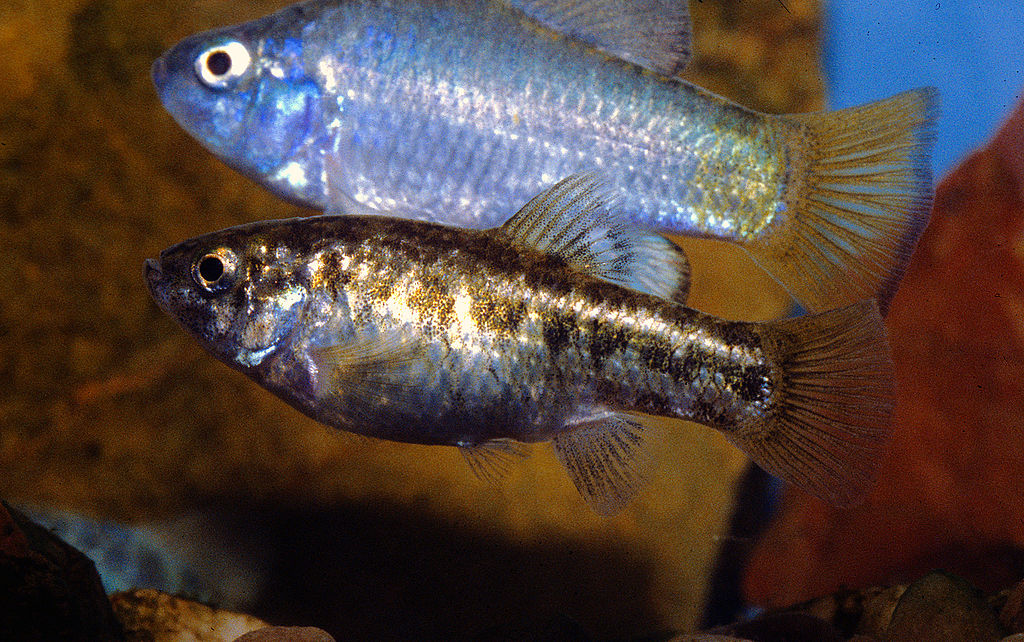April 6, 2015
 As its ecosystem transformed from a relatively cool lake region to a desert with just a handful of hot springs and temperatures of up to 95 degrees Fahrenheit, one critically-endangered species of fish responded in extreme ways, according to a new University of Nevada, Las Vegas study.
As its ecosystem transformed from a relatively cool lake region to a desert with just a handful of hot springs and temperatures of up to 95 degrees Fahrenheit, one critically-endangered species of fish responded in extreme ways, according to a new University of Nevada, Las Vegas study.
In response to those changing conditions, the desert pupfish developed the ability to go without oxygen for up to five hours at a time, UNLV life sciences professor Frank van Breukelen and his colleague Stanley Hillyard discovered. Their research, due out later this year, was discussed last week at the American Physiological Society’s Experimental Biology Meeting.
Replacing oxygen with ethanol for respiration
The pupfish, which lives in pools of water near California’ Death Valley, is living, breathing (or not, in this case) proof that species can adapt and endure despite relatively rapid changes to their environment, according to National Geographic. As their home grew increasingly hotter, the fish responded by spending less time in the shallower, warmer shelf where they breed.
That’s not exactly good news for the species, the website said, especially when combined with habitat loss and increased competition with non-native species. So how have the fish been able to survive? By adapting and randomly alternating between aerobic (or oxygen-based) and anaerobic (or oxygen-free) respiration, which allows it to go several hours without breathing.













No comments:
Post a Comment
You only need to enter your comment once! Comments will appear once they have been moderated. This is so as to stop the would-be comedian who has been spamming the comments here with inane and often offensive remarks. You know who you are!